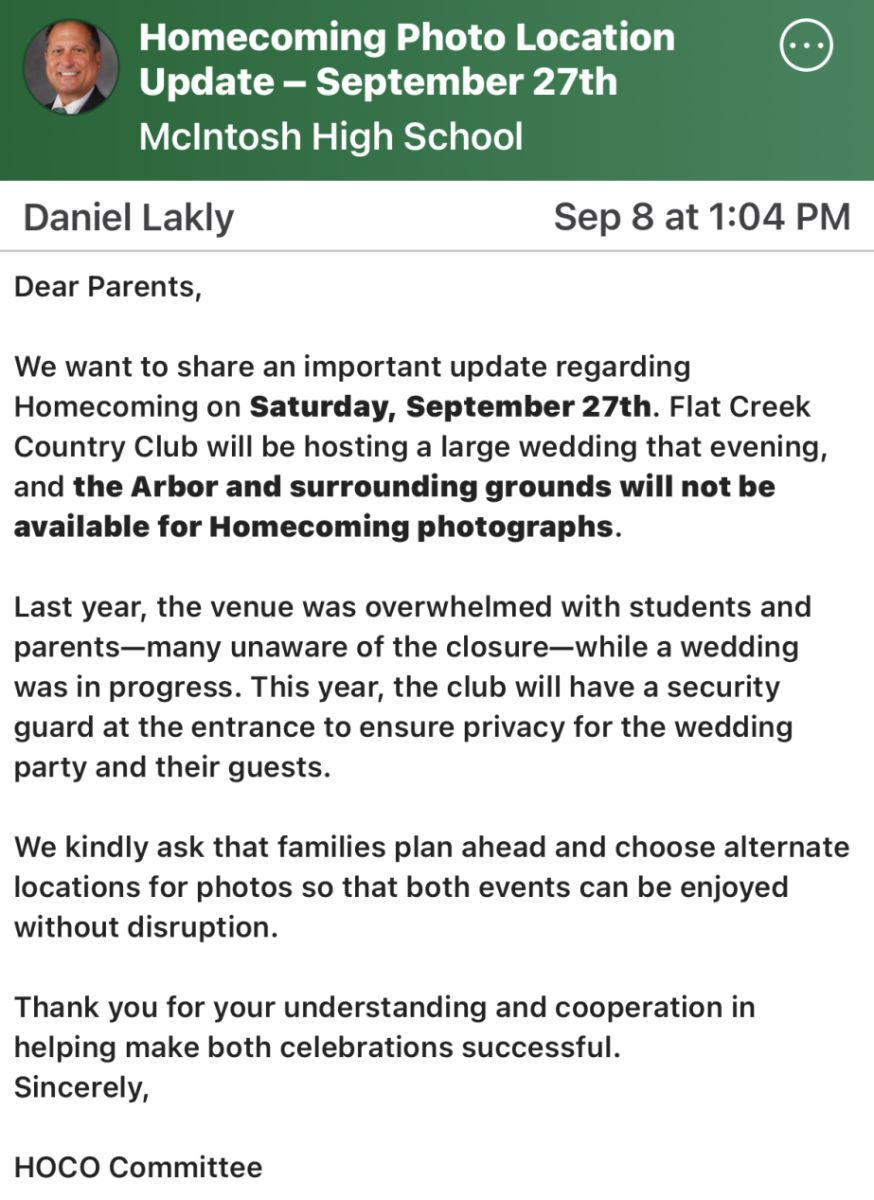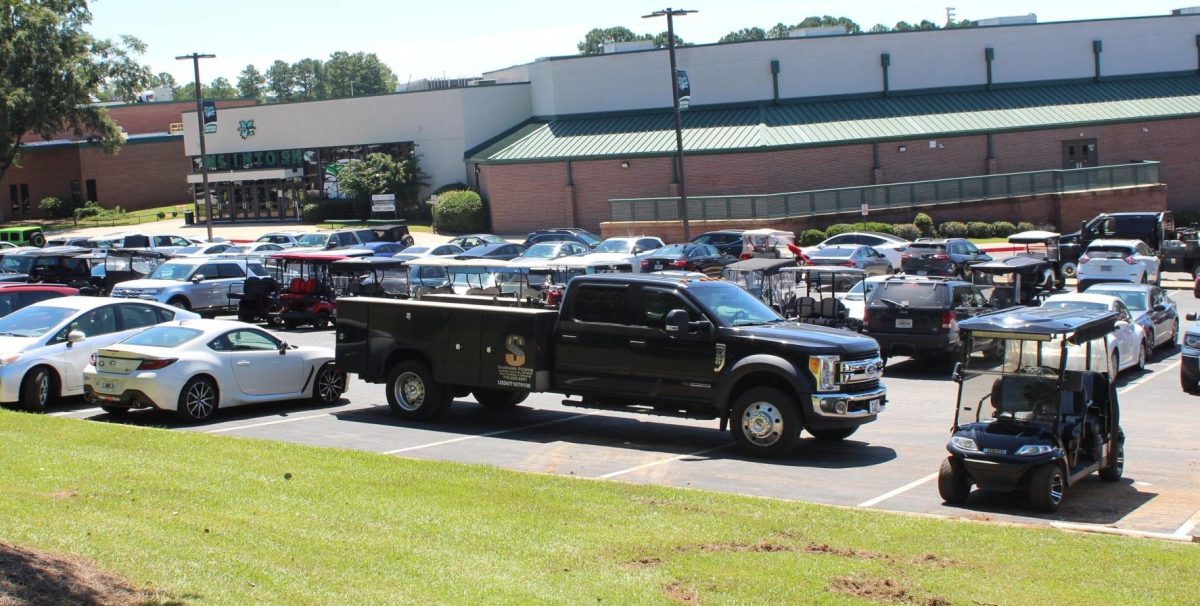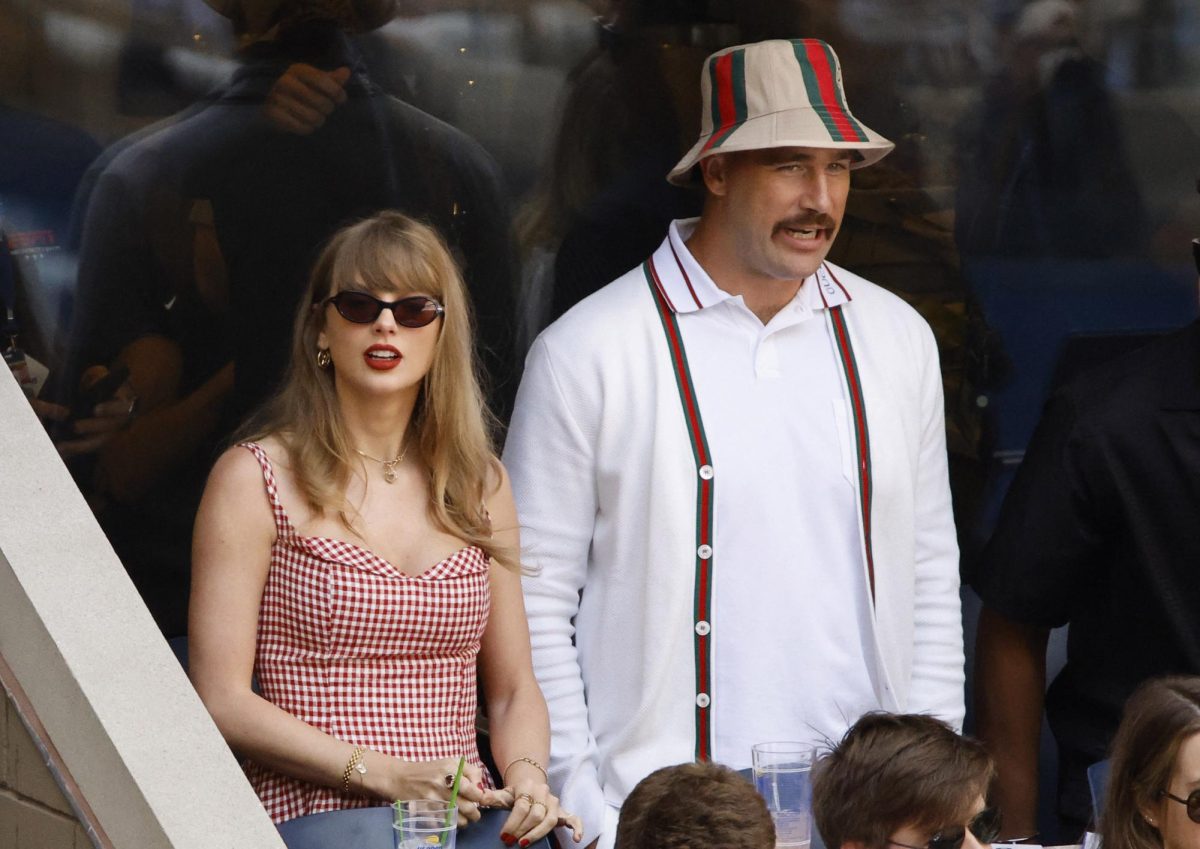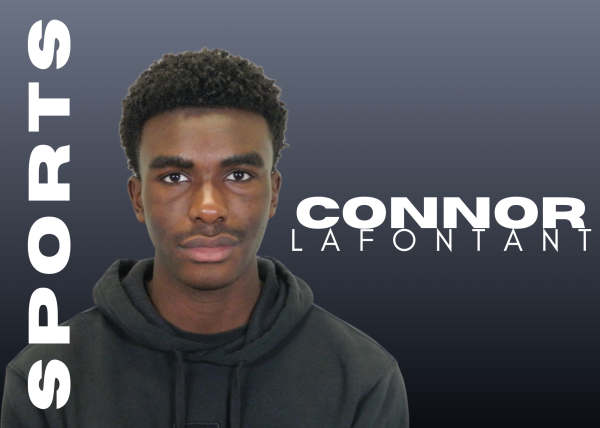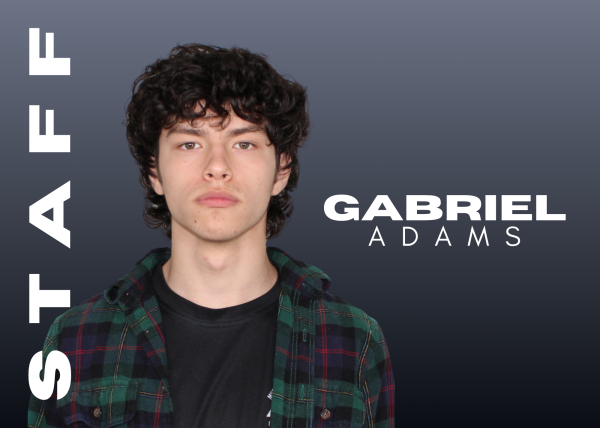Editor’s Note: The Trail reached out to several Jewish students for comment, and were offered anonymity. All declined to be interviewed as part of this story.
The Israel-Hamas war has been ongoing since 1948, when neighboring Arab states invaded following the declaration of the State of Israel in May of that year. The war concluded in 1949 with armistice agreements that established Israel’s borders, but left significant territories outside of its control. Due to these factors it led to heavy displacement and tensions between the two. Since then, the conflicts between Israel and Hamas have only escalated. Other key events include the collapse of the Ottoman Empire, British control over the area. Over time, different wars, territorial disputes, and failed peace negotiations have deepened the divide. There are also important cultural and religious connections to the land that make compromise challenging.
One McIntosh student, a Muslim who wishes to remain anonymous, feels his view of the conflict is controversial.
“I feel like there’s children dying at both ends. And it’s completely wrong. I don’t think there’s ever a time where it’s justified to kill children, and especially on Palestine’s side, they’re deliberately destroying hospitals, destroying civilization and civilian lives, it’s just unnecessary. Unnecessary killing and necessary war, and another part is how America is aligned with Israel. And they’re collectively, destroying the small country in which kind of derives it from a war and makes it turns it into a genocide instead,” that student, a sophomore, said.
The result of the war between the two nations has left, according to Al Jazeera, 46,009 People of Gaza were killed including children. With around 107,338 civilians injured, and more than 11,000 missing, and over 10,000 displaced. As for Israel 1,139 have been killed and at least 8,730 injured. The record started Oct. 7, 2023 when Hamas first attacked. According to Al Jazeera Nov 7, Gaza’s civil defense agency says that at least 12 were killed and many others wounded in an attack on a school in the Shati refugee camp in Gaza city. According to Euronews, “The Israeli military said the building, in the Shati refugee camp west of Gaza City was being used by Hamas to plan and execute attacks on Israel.”
Another Muslim sophomore, a female, speaks about how her bond with Allah is strengthened despite the conflict.
“This situation doesn’t affect my faith in Allah. In fact, my faith strengthens me during difficult times like these. I believe that Allah’s wisdom is beyond human understanding, and while the conflict is deeply heartbreaking, it doesn’t shake my belief in justice, compassion, or the importance of standing up for what is right,” she said.
The Trail reached out to several Jewish students for comment, and were offered anonymity. All declined to be interviewed as part of this story.
A third Muslim student, a sophomore, had an opinion on why Israel and Palestine are fighting.
“They are fighting each other over which religion is right or wrong and which one is used in certain ways, and cultures,” he said.
For some Israelis, Israel may be seen as a homeland promised by God. This standpoint often leads to strong support for Israel’s rights and for their people to stay in power. However, people of Gaza, mostly of Islamic faith, see the region as a part of their historical heritage. Which is why they can negatively view the Israeli people who are on their land.
While this war takes place in the east, it is affecting people from all over the world who follow the religions that are currently in the midst of it. The effects of the devastation are rippling through social media and to Jews and Muslims in other parts of the world. Such as the United States, where there are at least a total of 3,450,000 million Muslims in America. As for the Jewish population it is 7,460,600 as of April 2023. The source is Indicated by world population review.
The same Islamic sophomore wanted Americans to better understand the severity of the war.
“I think many Americans don’t really understand the conflict or its history. The way it’s often shown in the media can make it seem less complicated, so people might not realize how much pain and suffering is caused to the people of Palestine. While some care about the situation, I feel that most people don’t see it as something that affects them directly, which makes it harder for them to see why it’s so important to find a peaceful solution.”



